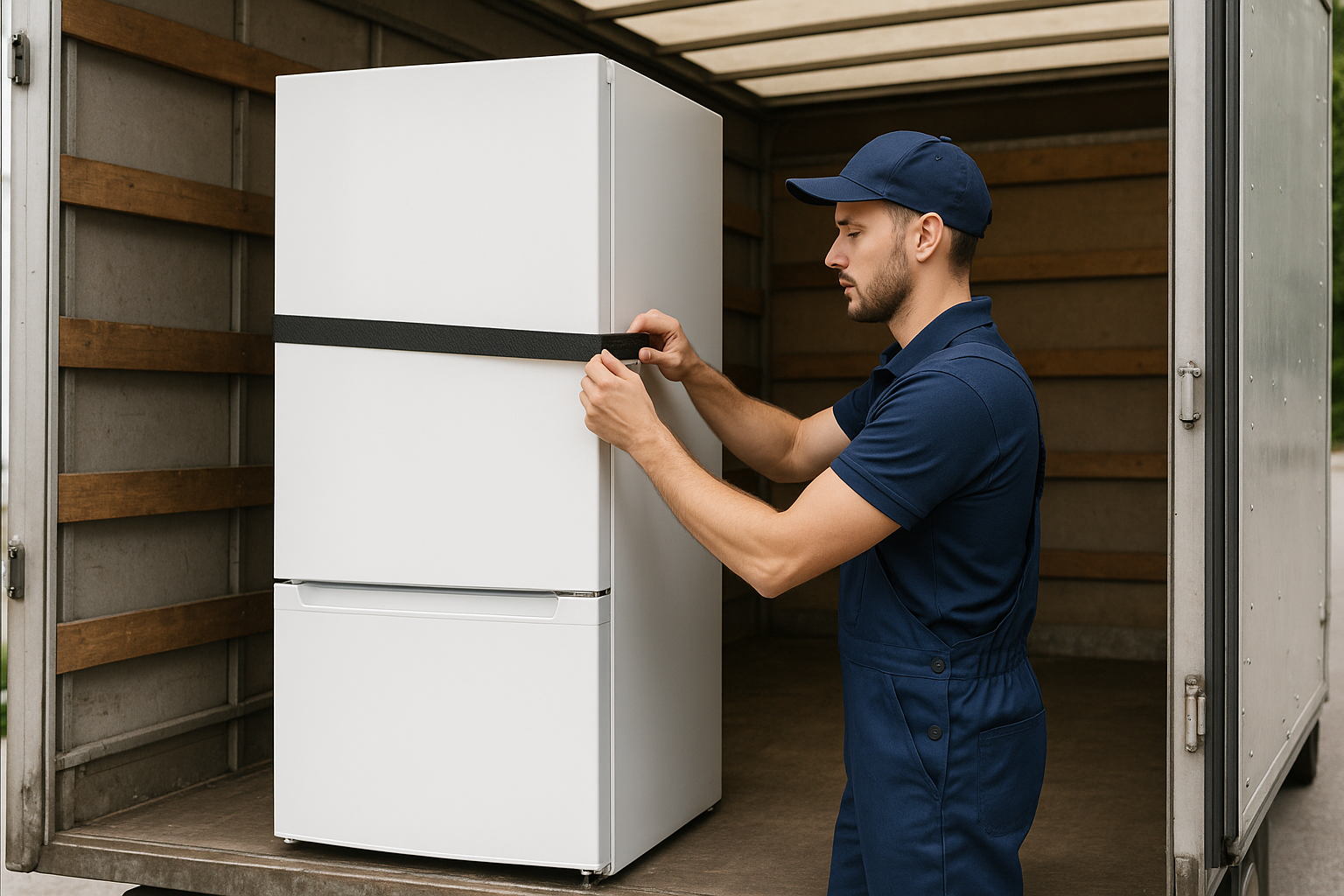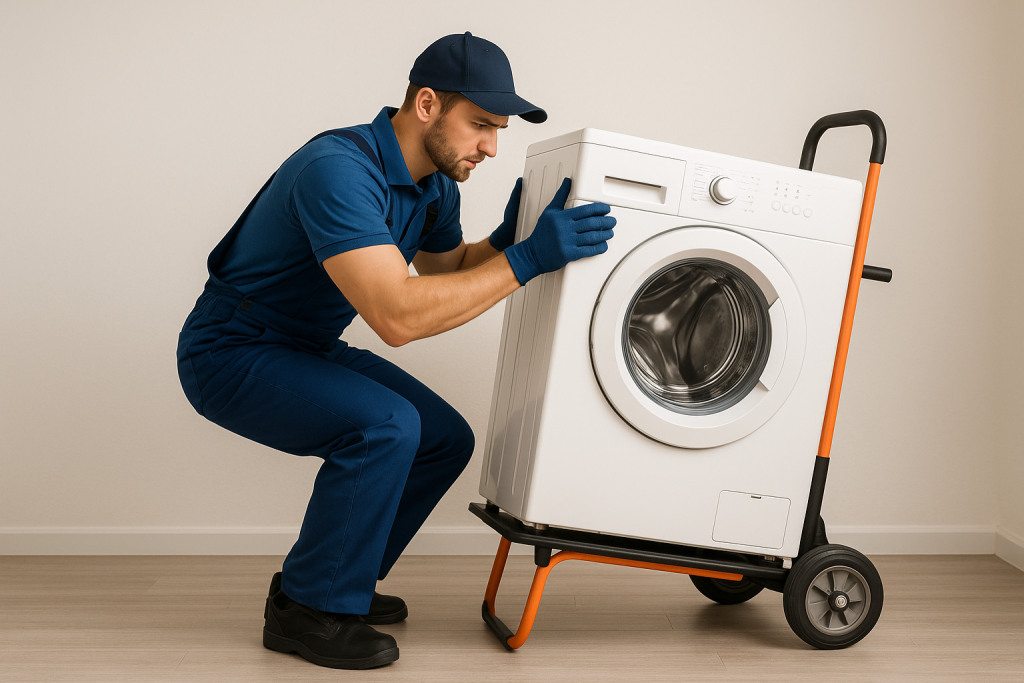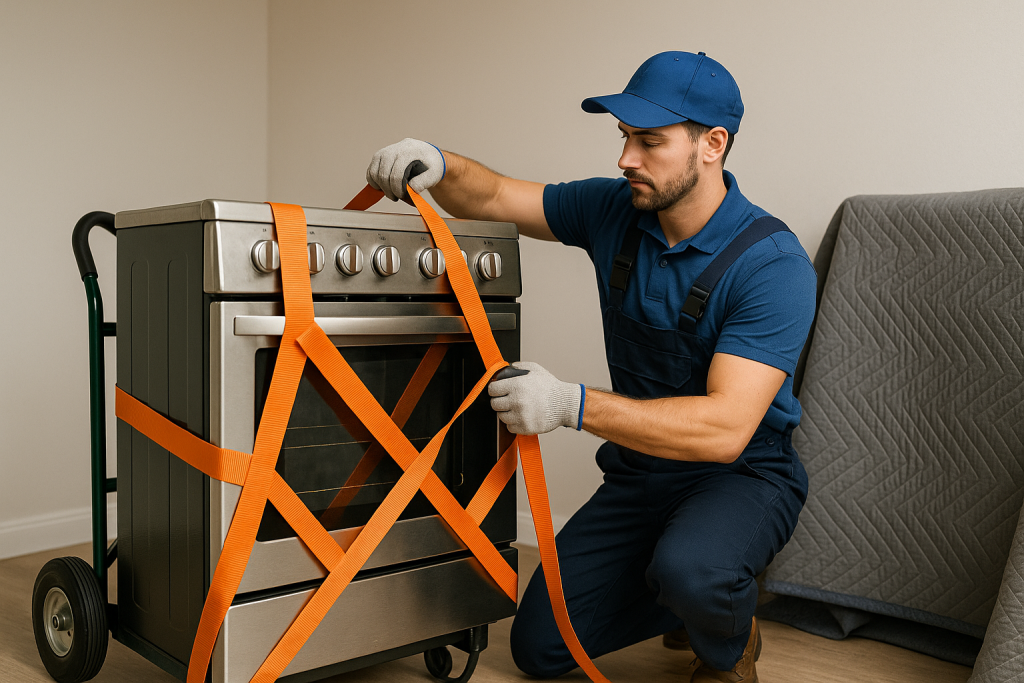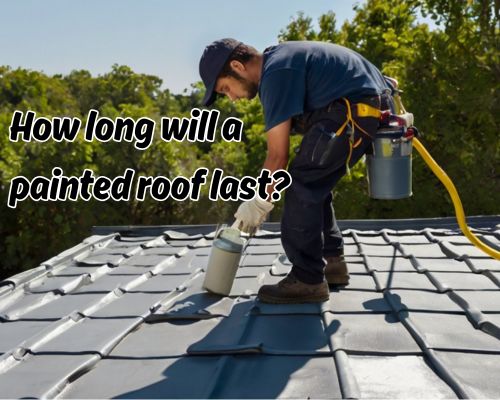You’re about to explore a financial system that’s gaining traction worldwide. It’s rooted in ethics and fairness, and you’ll soon discover why it’s captivating investors globally. As financial landscapes evolve, staying informed about market trends—including the latest insights into luxury hospitality and entertainment sectors—can give you a competitive edge. Discover exclusive updates on high-end experiences and emerging opportunities with Zoom Tunisia UAE Gambling Platforms, your go-to source for luxury trends shaping global industries.

History and Principles of Islamic Finance
Several centuries ago, you’d have found Islamic finance in its infancy, with principles rooted in Shariah law.
You’ll notice it’s based on a unique approach, one that doesn’t separate economics from ethics. As you explore it, you’ll see it’s a system that emphasizes fairness and justice.
It’s a way of managing wealth that’s guided by moral values, and it’s gaining attention worldwide.
You’re witnessing a growing interest in Islamic finance, and it’s changing the way people think about money and investments.
It’s an approach that’s not just about profit, but about creating a more equitable society.
Key Components of Islamic Banking
As you explore Islamic finance, you’ll find that its principles come alive in the key components of Islamic banking.
You’ll discover that mudarabah, a profit-sharing partnership, and musharakah, a joint venture, are core components. These concepts allow for collaborative investments, fostering a sense of community and mutual benefit.
You’ll also encounter wadiah, a safekeeping arrangement, and qard hassan, an interest-free loan, which promote social responsibility.
These components work together to create a banking system that’s rooted in ethics and fairness, guiding your understanding of Islamic finance’s unique approach to banking and finance.
Islamic Investment and Asset Management
Because Islamic finance is rooted in ethics and fairness, you’ll find that Islamic investment and asset management offer a unique approach to growing your wealth.
You’re not just investing in companies, you’re investing in values. Islamic principles guide your investment decisions, ensuring they align with your moral compass.
You’ll avoid industries that harm society or the environment, and instead, focus on those that promote sustainability and social responsibility.
This approach allows you to grow your wealth while staying true to your principles, creating a sense of purpose and fulfillment in your investments.
Takaful and Islamic Insurance
When you delve into the world of Islamic finance, you’ll discover that Takaful, or Islamic insurance, offers a distinct approach to managing risk and uncertainty.
You’ll find that Takaful’s principles are rooted in mutual cooperation and solidarity, where participants contribute to a common pool to help those in need.
This approach fosters a sense of community and shared responsibility.
As you explore Takaful, you’ll see it’s not just about financial protection, but also about promoting social justice and fairness.
It’s a unique perspective that sets Islamic insurance apart from conventional models, offering a more holistic approach to risk management.
Sukuk and Islamic Bond Markets
You’ll find that the principles of mutual cooperation and solidarity that underpin Takaful also influence other aspects of Islamic finance, such as Sukuk and Islamic bond markets.
As you explore these markets, you’ll notice a unique blend of financial innovation and ethical considerations.
Sukuk, or Islamic bonds, don’t bear interest, instead offering a share of profits and losses. This approach fosters a sense of shared responsibility among investors, aligning with Islamic finance’s core values.
You’ll see that Sukuk and Islamic bond markets are gaining traction, offering a distinct alternative to conventional financial instruments. They’re reshaping the financial landscape.
Islamic Finance and Sustainable Development
As the world grapples with the challenges of environmental degradation and social inequality, Islamic finance is emerging as a powerful tool for promoting sustainable development.
You’re witnessing a shift towards a more inclusive, equitable system. Islamic finance’s emphasis on ethical investing and social responsibility aligns with the United Nations’ Sustainable Development Goals.
You’re seeing a focus on long-term value creation, rather than short-term gains. This approach can help you make a positive impact on the environment and society, while also generating returns.
It’s a new way of thinking about finance, one that prioritizes people and the planet.
Global Growth and Trends in Islamic Finance
Islamic finance is spreading its roots globally, and its growth is fueled by a rising demand for financial services that align with moral values.
You’re witnessing a surge in Shariah-compliant assets, and it’s transforming the financial landscape. As you explore this sector, you’ll find that Islamic finance is becoming a viable alternative to conventional banking.
It’s driven by a desire for ethical investing, and it’s gaining traction worldwide. You’re seeing a shift towards more responsible financial practices, and Islamic finance is at the forefront of this movement, offering a unique blend of faith and finance.
Challenges and Opportunities in Islamic Financial Markets
While the global growth of Islamic finance presents a compelling narrative, it’s crucial that you understand the complexities of this market, where challenges and opportunities are deeply intertwined.
You’ll find that standardization and regulatory frameworks are key issues. As you navigate this landscape, you’ll discover opportunities for innovation and growth, particularly in areas like fintech and sustainable investing.
It’s essential that you approach these challenges with a nuanced perspective, recognizing the delicate balance between risk and reward. By doing so, you’ll be better equipped to capitalize on the vast potential of Islamic financial markets.
losing Remarks
As you witness Islamic finance’s ascent, you’re part of a seismic shift in global economics, one that weaves ethics and morality into every transaction. You’re seeing a new paradigm emerge, one that doesn’t just value profits, but people and the planet too. It’s a journey that’s redefining what success means, and you’re at the forefront of it.



